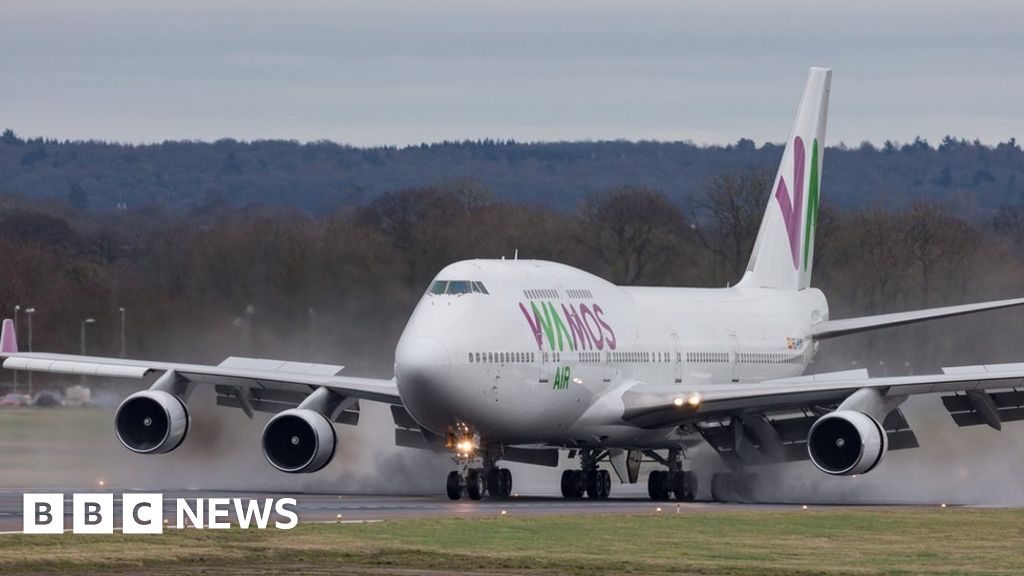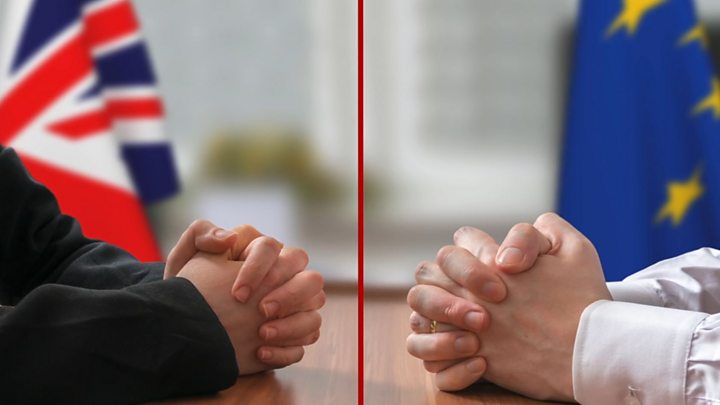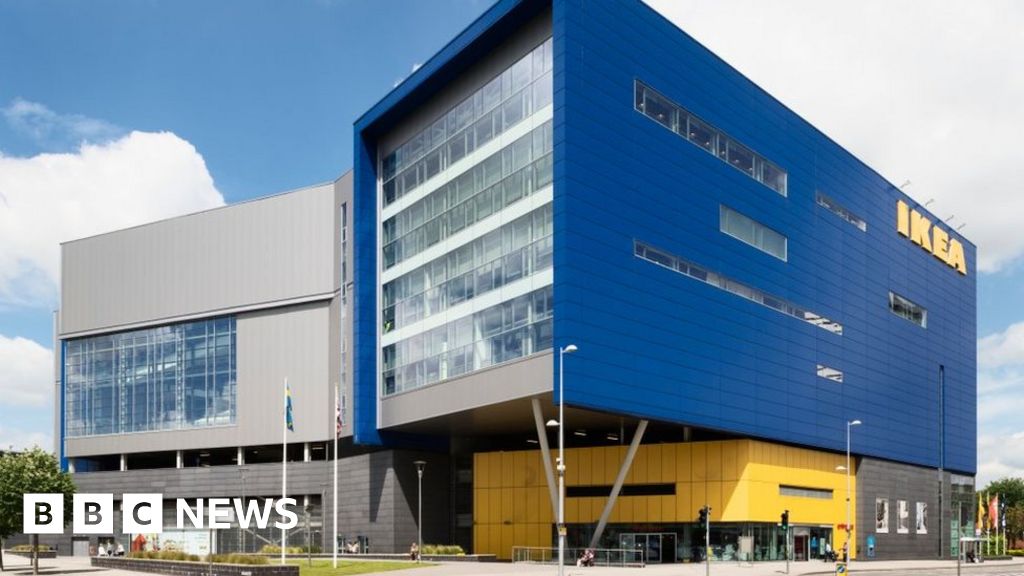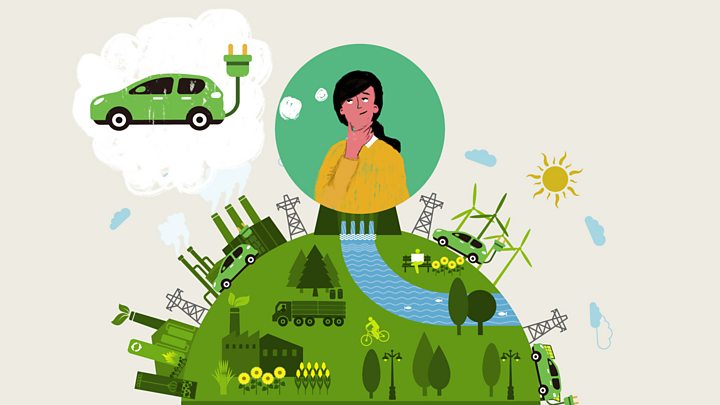
The UK government is chartering a final flight to bring British nationals back from the Chinese city at the centre of the coronavirus outbreak.
The plane will leave in the early hours of Sunday morning and land at RAF Brize Norton, the Foreign Office said.
It comes as Britons in mainland China have been urged to leave the country after the outbreak claimed more lives.
More than 100 UK nationals and family members have already been evacuated to Britain from Wuhan.
About 165 Britons are reported to remain in Hubei province, where the outbreak began, and 108 are believed to have asked the Foreign Office for help to leave.
At least 427 people have died after contracting the virus and there have been more than 20,000 confirmed cases, most of them in China.
Foreign Secretary Dominic Raab said: "We have been working round the clock to help British nationals leave Hubei province, on UK, French and New Zealand flights.
"The Foreign Office is chartering a second and final UK flight with space to help all British nationals and their dependants remaining in Hubei to leave.
"I encourage all British nationals in Hubei to register with our teams if they want to leave on this flight."
On Friday, 83 UK citizens were repatriated on a flight out of Wuhan arranged by the UK government. Another 11 Britons joined them on Sunday on a French flight.
A further eight UK nationals and six of their family members left on a flight to New Zealand on Tuesday.
It has since emerged that a Belgian woman who was on Sunday's flight tested positive for the virus.
All of the Britons are now in quarantine at Arrowe Park Hospital in Wirral for 14 days - the incubation period of the virus - to ensure they are not infected.
One British passenger, Anthony May-Smith, who arrived in the UK on Sunday, was taken to hospital in Oxford to be tested for potential coronavirus.
Health Secretary Matt Hancock told BBC Breakfast the test came back negative but that Mr May-Smith has returned to quarantine at Arrowe Park "because the test… doesn't work until the coronavirus symptoms come through".
Mr Hancock advised anyone who thought they might have symptoms to not leave home and to call 111.
Mr Hancock said it was "low" risk that an infected person who was not yet showing symptoms could pass on the virus.
There have been two confirmed cases of coronavirus in the UK - a student at the University of York and one of their relatives. They are being treated at the specialist infectious diseases unit at Newcastle Royal Victoria Infirmary.
Meanwhile, one British man in China, who fears he contracted the virus in November, has been told he can return to the UK after the Chinese authorities gave him his passport back.
Jamie Morris, 23, from New Tredegar in South Wales had said he did not know when he might be able to return from Wuhan because he had submitted his passport in order to extend his residency permit.
He will now be able to join other British nationals on the final flight home.
On Tuesday, the Foreign Office advised Britons to leave China to minimise the risk of exposure to coronavirus.
The UK is also moving non-essential staff out from its embassy and consulates in the country.
The only two UK airlines serving China - British Airways and Virgin Atlantic - have suspended their flights between the countries because of fears about the spread of the virus.
But other commercial flights to the UK remain available in some parts of China.
The virus has now spread to more than two dozen nations.
However, the World Health Organization (WHO) said it does not yet qualify as a "pandemic".
Are you a British citizen in China? Will you leave the country? Share your experiences by emailing haveyoursay@bbc.co.uk.
Please include a contact number if you are willing to speak to a BBC journalist. You can also contact us in the following ways:
https://news.google.com/__i/rss/rd/articles/CBMiJGh0dHBzOi8vd3d3LmJiYy5jb20vbmV3cy91ay01MTM4MTA2N9IBKGh0dHBzOi8vd3d3LmJiYy5jb20vbmV3cy9hbXAvdWstNTEzODEwNjc?oc=5
2020-02-05 09:22:30Z
52780579291157




